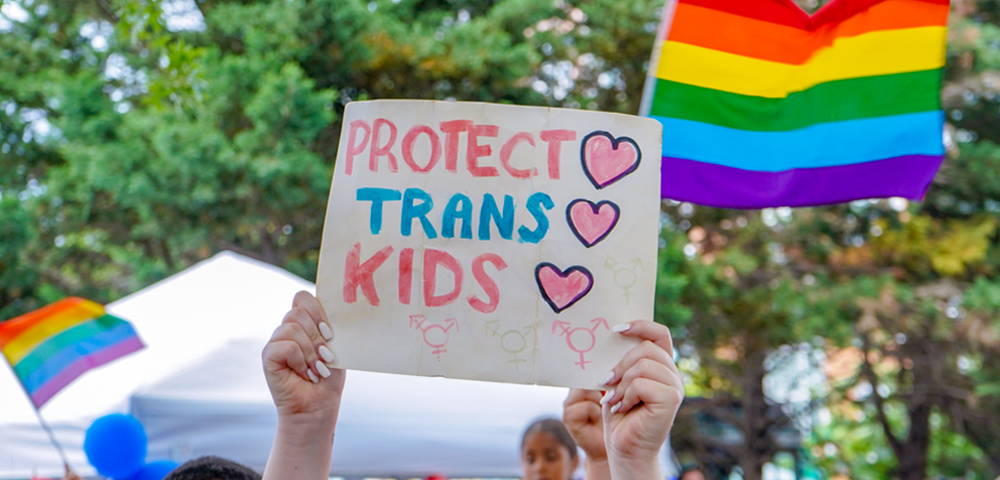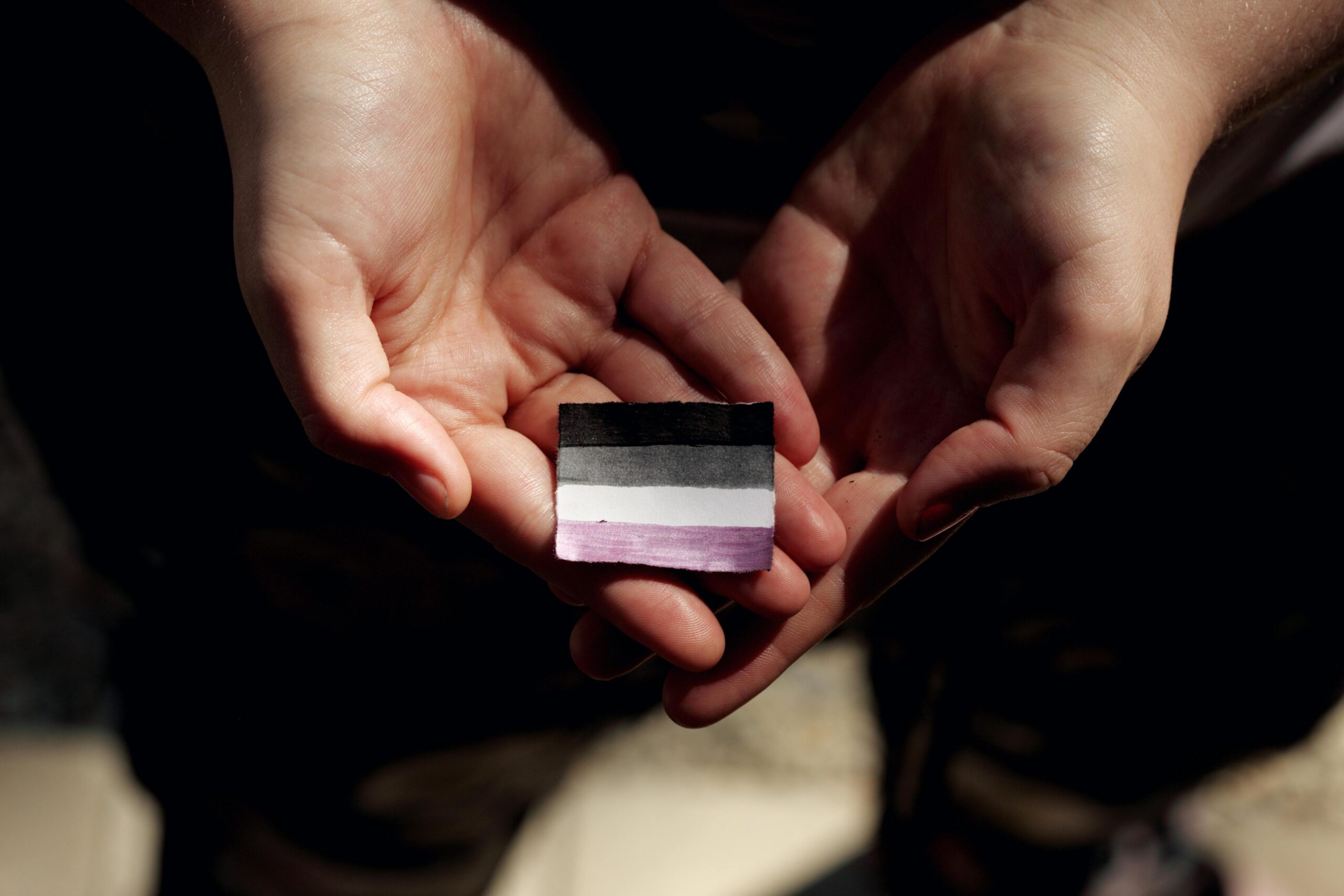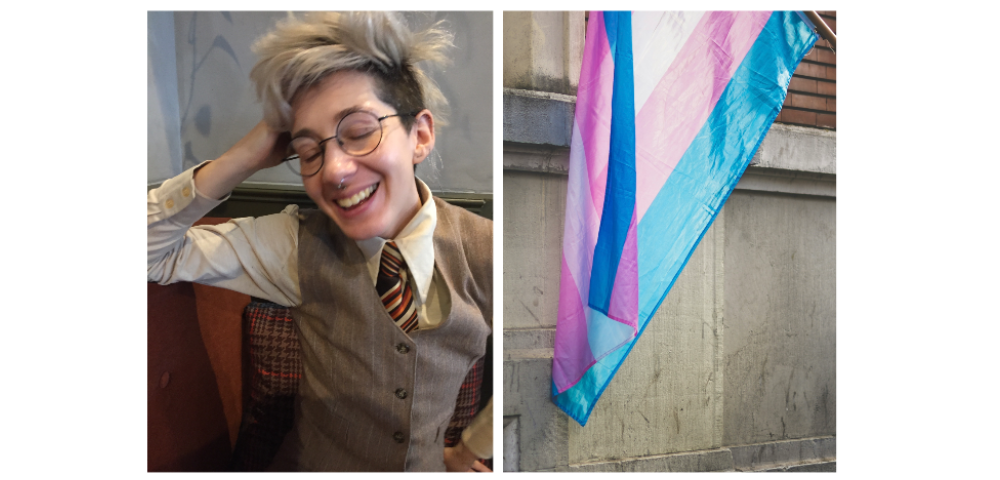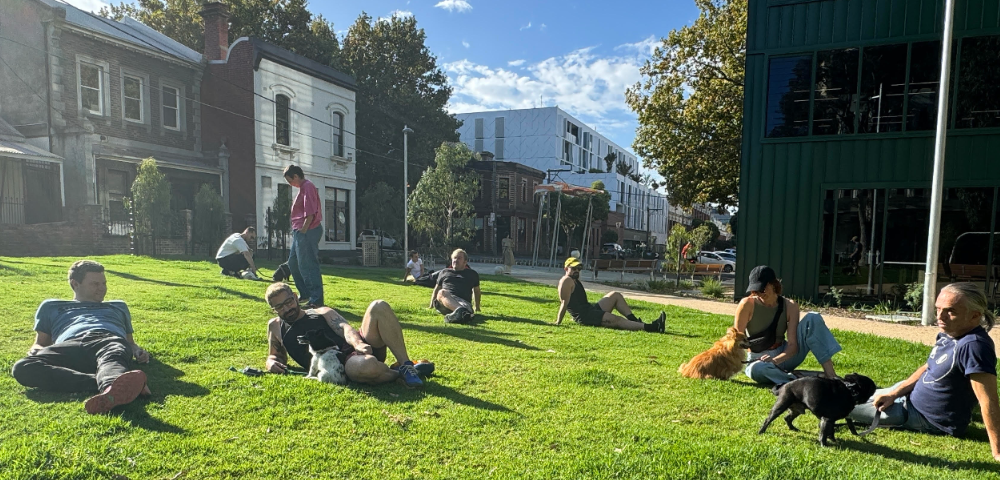
‘But I didn’t mean it…’
Take the following scenario: a gay man in a workplace is constantly harassed by his superior for being gay and told he should hide his sexual orientation for the benefit of his career prospects.
This is clearly discriminatory and unacceptable and the superior clearly cannot get away with it.
However, at a subsequent tribunal hearing, the superior justifies his actions by saying, “I meant my approach to be helpful”. Even more outrageous.
Thankfully equal opportunity law around the country nips this right in the bud: four of the eight states and territories expressly include clauses such as “motive is irrelevant”. Even without those words, the law clearly implies them — otherwise all such law would be rendered useless.
The VGLRL and TGV therefore find the response of a growing number of people (and organisations) when challenged regarding possible discriminatory or vilifying behaviours to be of great concern. People who respond with “We didn’t mean to offend anyone” or “I meant it as a joke” stand accused, at a minimum, of being ignorant of the law, and thumbing their noses at the individual and/or group on the receiving end of the behaviours.
Last week, I attended a forum (as part of the Victorian Legal Aid ‘Insights’ program) on vilification. While much of the discussion centred on the recent case involving Indigenous people and a well-known Murdoch media columnist, similar principles clearly apply to all groups.
One point that was made clear is that a presiding judge needs to consider what is believed to be serious discrimination or vilification in the opinion of the group involved. An example is to say a group doesn’t exist at all — something which gays and lesbians, bisexuals and trans people have all faced in many ways over time and is clearly discriminatory (and possibly vilifying).
What are the solutions to overcoming such situations? While, in the words of Martin Luther King, “the law may not change the heart, but may restrain the heartless,” the law can only go so far.
The other side of the coin is education and communication: explaining the realities of peoples’ lives and their viewpoints so as to prevent offence, intended or otherwise. The Victoria Police
Community Encounters program is a fantastic example of just how effective this approach can be.
Communication also involves listening: asking a group what they consider offensive rather than assuming anything. When it comes to reducing discrimination, ending use of the “we didn’t mean it” excuse is important. And we very much mean it, right!
P.S. On a personal note, I thank Sarah Rogan for her huge efforts as a committee member and co-convenor of the VGLRL, particularly in taking the lead in remedying our IT problems last year when I’m sure it would have been more enjoyable to spend time on lobbying. All the best for the future, Sarah and big thanks.
By SALLY GOLDNER
INFO: Sally Goldner is VGLRL Treasurer and TransGender Victoria spokesperson.










I completely agree. The past few months for me have really examplified how fantastic the power of humanity can be. It is important that we, as members of the GLBTQI community, get access to the above named organisation and have the opportunity to a.) let people know that they’re recieving harassment or vilification in the workplace b.) know that there are others (S.O bloggers, friends, councillors etc.) that we can turn to and get support.
And though it will take a long time, I think the best way to rid society of completely stubborn homophobia is to ensure that GLBTQI people are voicing their concerns when needed, people aren’t going to be aware that what they’re doing is vilifying homosexuals unless the community continues to work for equality.
Thankyou for the article, Sally.